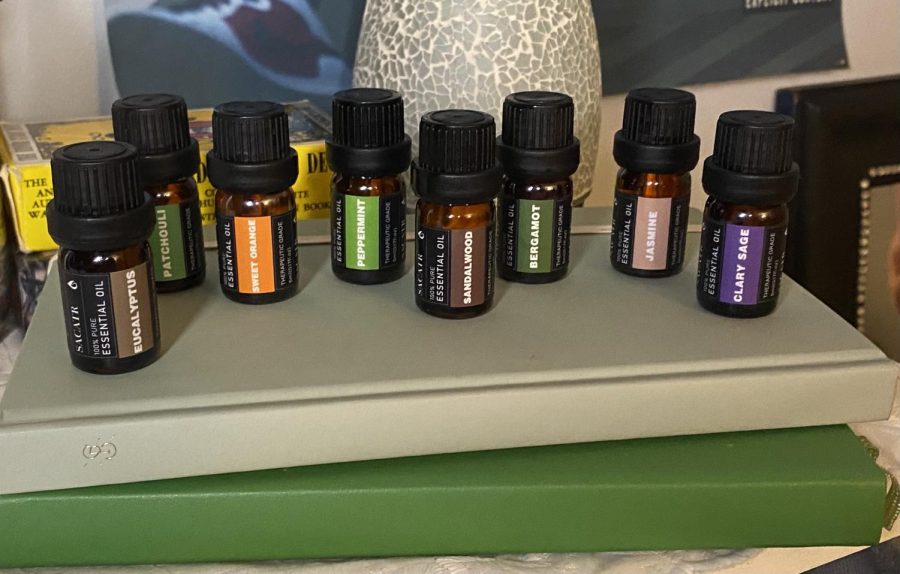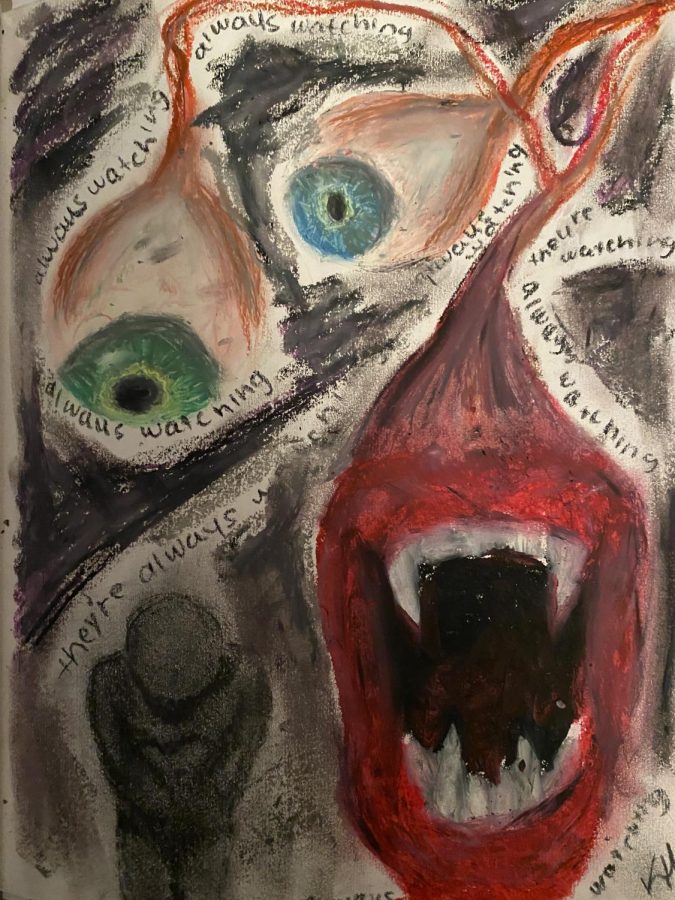The daylight is getting shorter and the weather is getting colder as we move into this bleak winter month, meaning the rates of depression for some of us are also increasing.
This extended period of depression during these long winter months may also be referred to as Seasonal Depression, or Seasonal Affective Disorder (SAD).
Seasonal Depression is caused by the decrease of sunlight, this decrease causes a drop in serotonin and an increase in melatonin. Serotonin is the hormone which stabilizes our moods, well-being and happiness, whereas melatonin is the hormone associated with the sleep-wake cycle.
This decrease in serotonin and increase in melatonin can more than likely cause excessive drowsiness and symptoms of depression, and for some may even lead to Seasonal Affective Disorder.
Most of us may struggle with this problem, especially living up North facing these weather fluctuations constantly, but the biggest question is how do we work through this?
Working through these weather induced mental health struggles are more than difficult, especially if you deal with these issues constantly, so here are some coping mechanisms that may even help you:
Essential oils are a great way to set a mood in a room, whether it be an uplifting or calming scent, just a few drops of these oils in a diffuser can filter through your room with different earthy, citrus or floral aromas.
Is the cold, dark weather making you feel down? Citrus scented essential oils are perfect to create an energizing, vibrant and uplifting environment in your space.
Maybe your stress and anxiety is driving you crazy, the pressures of school and midterms coming up are hard to deal with, but some essential oils like floral and herbaceous scents are perfect for calming these nerves.
Journaling is a great way to process the chaotic emotions of everyday life, and by getting into journaling and shadow work you can better understand yourself, your emotions, trauma and so much more.
For starters, journaling about your feelings and worries is an amazing way to start and helps lift a lot of weight off your shoulders. But to get more in depth with yourself, shadow work is the perfect option.
What is shadow work?
Your “shadow” is the darker part of you, the part that holds traumatic events, emotional problems, anything that has been left unprocessed, past versions of yourself and so much more.
Shadow work has to do with quite literally working on the shadow self—the internal side of you that isn’t seen through the way you present yourself. (Click the link above to view more about shadow work).
Checking your vitamin D levels:
Because the sun isn’t shining as much as it does in the summer months, vitamin D deficiency may play a role in your emotions.
Vitamin D deficiency can lead to sadness, depression, fatigue, forgetfulness, trouble sleeping, excessive weight gain or weight loss and even a loss of appetite.
Studies have shown that there is a relationship between Vitamin D and depression, and if your depression is caused by the lack of this vitamin, supplementation should help alleviate symptoms.
To diagnose vitamin D deficiency, your doctor will have to test your vitamin D levels within your blood. Speaking with a doctor is the best option to figure out the problem and treatment, but vitamin D levels can be increased through supplements, more sun exposure, and eating vitamin D rich foods.
Exercising regularly:
Whether it be playing a sport, going to the gym or even doing a short at-home workout routine, exercise is a crucial part of maintaining your physical and mental well-being. Exercise is proven to release chemicals like endorphins in the brain, the group of peptides that assists in feelings of pleasure and well-being.
If you don’t go to the gym, or exercise too much, and have no clue what you’re doing, you can easily find videos online of a routine in which you can follow.
Don’t feel like completing a gym routine? Going for a run, doing some yoga or even going for a walk can benefit you like going to the gym would too.
Meditation is a great way to assist in bettering your mental health by reducing stress levels and depression, improving focus and even improving physical health issues like chronic pain.
Meditation is when you focus your attention on one thing, whether it be your breathing or the sounds around you, it doesn’t matter what you decide to focus on.
During meditation it is normal to find your mind wandering, when you find yourself losing focus, reset your attention back on what your focus is.
By focusing on one thing, this helps clear out a lot of jumbled thoughts and everyday stress, helping calm and find peace in the mind.

















